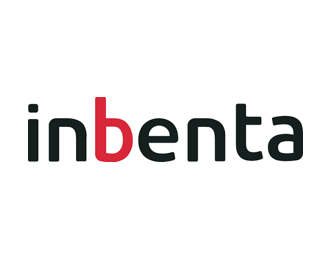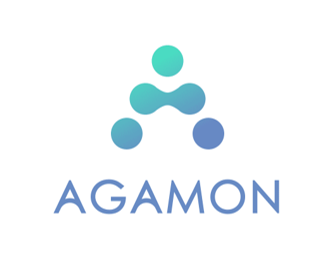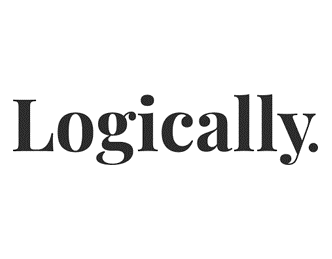123Fab #16
1 topic, 2 key figures, 3 startups to draw inspiration from

NLP and NLU : from understanding to processing natural language
The increase in smart devices usage in all areas and industries, resulting in the rise of artificial intelligence and cloud-based solutions, have driven the progress and adoption in Natural Language Processing (NLP) technologies.
Natural Language Processing is a branch of artificial intelligence that uses machine learning algorithms to interpret and use spoken and written human language. These AI algorithms are able to analyze the utterance syntax and semantics to determine the meaning of human communications, and consequently allow to provide appropriate and comprehensive answers.
Some NLP algorithms only focus on determining what is literally said, which implies converting conversational text into structured data, but others are more sophisticated and powered with Natural Language Understanding (NLU). NLU is a major sub-topic of NLP that allows computing machines to understand the human language in all its complexity: besides semantic and syntax analysis, NLU involves a pragmatic analysis that enables machines to detect intent and sentiments in human utterances and some NLU solutions integrate noise analysis to better understand the context in which the text is captured. The powerful feature of reasoning and adaptive learning developed with NLU makes it possible for machines to determine precisely what the user is trying to achieve through each request, provide a complex answer and follow-up.
For instance, if my request is “I would like to book a flight from San Francisco to Paris on December 1st, 2020.”. The program will understand that my objective is to book a plane ticket from one location to another, with 3 query conditions: place of departure, place of arrival and date. The result should be a list of flights meeting the criteria. I could narrow the search by asking “Do you know if there is any direct flight with AirFrance?” to which the program should answer: “There is one direct flight with AirFrance from San Francisco to Paris departing at 3:15 and the lowest flight fare is €576.” To conclude, NLU algorithms are able to deal with several queries at the same time, but also engage in real and complex conversational back and forth with the users (which is usually very limited with current voice assistants and chatbots).
NLP and NLU technologies are developing rapidly thanks to the increasing awareness about the advantages and benefits of human-to-machine communication and sentiment analysis in several sectors, including healthcare, industry, mobility and customer services. Yet, real-life applications remain very limited: AI algorithms are still facing difficulties in fully capturing and understanding human languages. The technology has not fully reached its expected potential, but the market is already very dense with large companies and emerging startups competing to develop the most viable and effective NLP solution.
2 Key Figures
398 NLP startups
received funding for a total amount of $3.3bn according to a Crunchbase query.
Market size expected to reach $26.4bn by 2024
According to Markets and Markets, the global Natural Language Processing market size was valued at $10.2bn in 2019 and is expected to reach $26.4bn by 2024.
3 startups to draw inspiration from
This week, we identified three startups that we can draw inspiration from: Inbenta, Agamon, Logically.

Inbenta
Inbenta is a US-based startup that provides a comprehensive automated customer service solution powered by AI, machine learning and NLP.

Agamon
Based in the US, Agamon develops an AI-powered healthcare platform that converts clinical text into structured data, by using an advanced approach to NLU.

Logically
Logically is a UK-based startup that raised £2.5M in July 2020 to develop NLP technologies to fight against misinformation from fake news to state propaganda.
